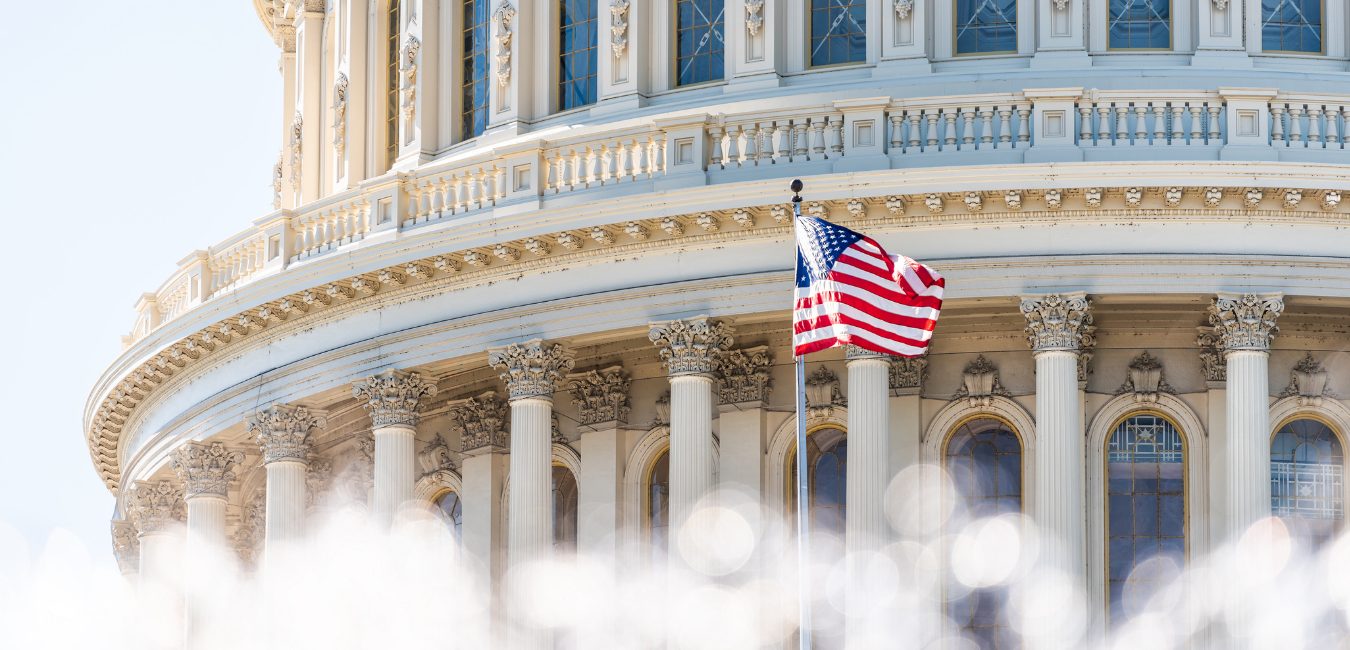
Privacy and the Rise of “Neurorights” in Latin America
Authors: Beth Do, Maria Badillo, Randy Cantz, Jameson Spivack “Neurorights,” a set of proposed rights that specifically protect mental freedom and privacy, have captured the interest of many governments, scholars, and advocates. Nowhere is that more apparent than in Latin America, where several countries are actively seeking to enshrine these rights in law, and some […]

FPF Files COPPA Comments with the Federal Trade Commission
Today, the Future of Privacy Forum (FPF) filed comments with the Federal Trade Commission (Commission) in response to its request for comment on the Children’s Online Privacy Protection Act (COPPA) proposed rule. Read our comments in full. As technology evolves, so must the regulations designed to protect children online, and FPF commends the Commission’s efforts […]

Little New About Hampshire
On March 6, 2024, Governor Sununu signed SB 255 into law, making New Hampshire the fourteenth U.S. State to adopt a comprehensive privacy law to govern the collection, use, and transfer of personal data. SB 255 is the second comprehensive privacy law enacted in 2024, the first having been New Jersey’s S332, which was also […]

Event Recap: FPF X nasscom Webinar Series – Breaking Down Consent Requirements under India’s DPDPA
Following the enactment of India’s Digital Personal Data Protection Act 2023 (DPDPA), the Future of Privacy Forum (FPF) and nasscom (National Association of Software and Service Companies), India’s largest industry association for the information technology sector, co-hosted a 2-part webinar series focused on the consent-centric regime under the DPDP Act. Spread across two days (November […]

The Garden State Joins the Comprehensive Privacy Grove
On January 16, 2024, Governor Murphy signed S332 into law, making New Jersey the thirteenth U.S. State to adopt a comprehensive privacy law to govern the collection, use, and transfer of personal data. S332 endured a long and circuitous route to enactment, having been introduced in January 2022 and amended six times before being passed […]

Identifying Privacy Risks and Implementing Best Practices for Body-Related Data in Immersive Technologies
As organizations develop more immersive technologies, and rely on the collection, use, and transferring of body-related data, they need to ensure their data practices not only maintain legal compliance, but also more fulsomely protect people’s privacy. To guide organizations as they develop their body-related data practices, the Future of Privacy Forum created the Risk Framework […]

This Year’s Must-Read Privacy Papers to be Honored at Washington, D.C. Event
The Future of Privacy Forum’s 14th Annual Privacy Papers for Policymakers Award Recognizes Influential Privacy Research Today, the Future of Privacy Forum (FPF) — a global non-profit focused on data protection headquartered in Washington, D.C. — announced the winners of its 14th annual Privacy Papers for Policymakers (PPPM) Awards. The PPPM Awards recognize leading U.S. […]

Data Privacy Day 2024
Data Privacy Day (or Data Protection Day in Europe) is held annually on January 28, a day to internationally promote best practices surrounding consumer privacy and data protection. Join the Future of Privacy Forum in recognizing this significant day by sharing the importance of data privacy. There are many ways you can protect your personal […]

Regu(AI)ting Health: Lessons for Navigating the Complex Code of AI and Healthcare Regulations
Authors: Stephanie Wong, Amber Ezzell, & Felicity Slater As an increasing number of organizations utilize artificial intelligence (“AI”) in their patient-facing services, health organizations are seizing the opportunity to take advantage of the new wave of AI-powered tools. Policymakers, from United States (“U.S.”) government agencies to the White House, have taken heed of this trend, […]

Understanding Body-Related Data Practices and Ensuring Legal Compliance in Immersive Technologies
Organizations are increasingly incorporating immersive technologies like extended reality (XR) and virtual worlds into their products and services, blurring the boundaries between the physical and digital worlds. Immersive technologies hold the potential to transform the way people learn, work, play, travel, and take care of their health, but may create new privacy risks as well. […]
